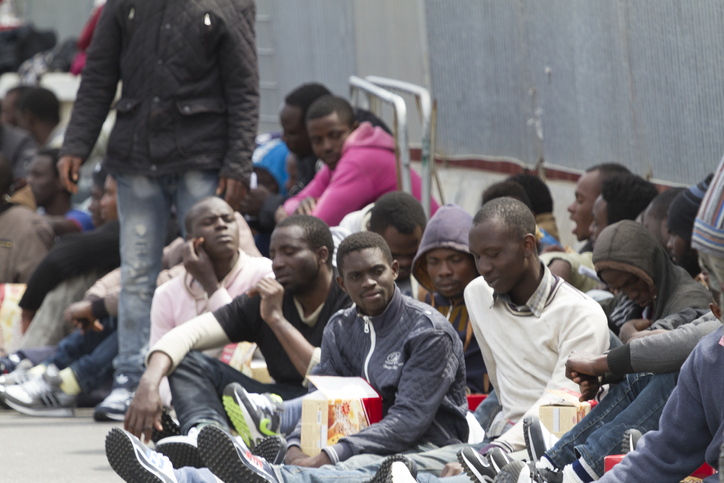
Posted On : Dec 26 2020
The Dynamics of African Migration to France
In recent decades, France has witnessed a significant influx of migrants from various African nations, contributing to the rich tapestry of cultural diversity within the country.

This article explores the motivations, challenges, and positive impacts associated with African migration to France.
Historical Context:
The historical ties between France and its former African colonies have played a pivotal role in shaping migration patterns. Waves of migration from Africa to France can be traced back to the post-World War II period when labour shortages prompted the recruitment of workers, often from French-speaking African nations, to contribute to the post-war reconstruction effort. This historical connection continues to influence migration dynamics today.
Motivations for Migration:
African migration to France is driven by a complex interplay of factors. Economic opportunities, political instability, and conflict in some African nations contribute to the push factors, while the allure of better economic prospects, educational opportunities, and the chance for a more secure future constitute the pull factors. Additionally, the shared language and historical connections foster a sense of familiarity for African migrants in France.
Cultural Enrichment:
African migration has significantly enriched the cultural landscape of France. The diversity brought by African communities is evident in various aspects of French society, including cuisine, music, art, and fashion. This intercultural exchange has not only enhanced the vibrancy of French cities but has also challenged and broadened the understanding of identity within the nation.
Challenges Faced by Migrants:
Despite the positive contributions, African migrants in France often encounter challenges. Integration into French society can be complex, with issues such as language barriers, discrimination, and unequal access to opportunities hindering the process. Addressing these challenges requires concerted efforts from both the government and civil society to create inclusive policies and promote social cohesion.
Contributions to the Economy:
African migrants in France play a crucial role in the nation's economy. Many contribute to various sectors, including healthcare, education, and the service industry. Additionally, entrepreneurial endeavours within the African diaspora have led to the establishment of businesses that contribute to economic growth. Recognizing and harnessing the skills and talents of African migrants is essential for maximizing their positive impact on the French economy.
Cultural Exchange and Integration:
African migration to France has fostered a dynamic cultural exchange. Community events, festivals, and grassroots initiatives promote dialogue and understanding between French and African cultures. Initiatives that encourage cross-cultural interactions and provide support for language acquisition and education contribute to the integration of African migrants into French society.
Government Policies and Social Support:
Government policies play a pivotal role in shaping the experiences of African migrants in France. Policies that address issues such as discrimination, facilitate language acquisition, and provide support for education and employment opportunities are essential for fostering successful integration. Moreover, social support networks, both within the African diaspora and the broader French community, play a crucial role in helping migrants navigate the challenges of relocation.
African migration to France is a multifaceted phenomenon that brings both challenges and opportunities. As the nation continues to navigate the complexities of a diverse and interconnected world, it is essential to adopt policies that promote inclusivity, celebrate diversity, and ensure equal opportunities for all residents. The ongoing dialogue and collaboration between the French government, civil society, and the African diaspora contribute to building a more harmonious and culturally enriched society for the benefit of all.
No Comments Added




















